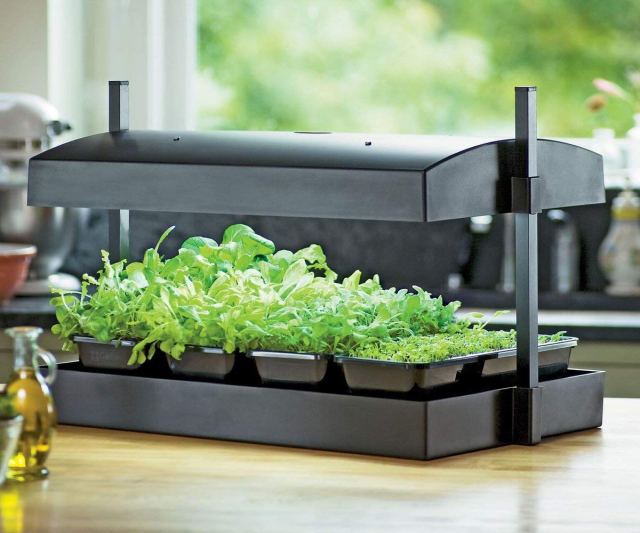The world population is increasing at an alarming rate so it becomes important to look for alternatives that are environmentally sustainable and friendly. So, it is clear that the need for food and product farming has increased and will continue to increase in the future. One of the best ways to achieve the future needs of foods and crops is “Hydroponics”. It is basically growing plants with the help of water (without soil). It is widely being used to cultivate a lot of plants in habitats that would help in sustaining them.
The idea of growing vegetable without soil is a type of agriculture in which plants are grown on beds or trays which are constantly fed with the nutrient solution for proper growth and culture. Product hydroponics is free from harmful pesticides, insecticides and harmful chemicals that can be extremely damaging for the body.
How does Hydroponics work?
Conventional farming methods involve the use of soil for cultivation to enrich the roots. However, in hydroponics, the use of artificial mediums and solutions that has ionic compounds helps in nurturing the plants. Many times plant growth is restrained because of environmental factors. A constant supply of water and nutrients makes hydroponic more efficient and productive.
Advantages of Hydroponics
- More Productivity: By using nutrient solutions, heaters, artificial lights and other types of equipment ultimately provide the solution that increases crop production. This leads to increased yield, faster growth, and all year round production.
- More environmental friendly: The best part of a hydroponic system is that the water can be recycled. Along with that, you save a lot of soil and land. No requirement of insecticides and pesticides makes it even better.
- Suited for areas which are not feasible for traditional farming: Hydroponics growing beds or trays can be easily stacked anywhere. Almost, every condition can be controlled artificially.
- An easy way for monoculture: Different types of crops can be grown at the same time. So the on-demand crops can be focused. You do not have to worry about crop rotation.
Disadvantages of Hydroponics
- Cost for set-up is high: Setting a hydroponic farm can be quite expensive. All the equipments need to be purchased before setting the hydroponic farm.
- Expensive running cost: Most of the control systems like pumps, heaters, water purifiers etc. need power supply which can be a little expensive.
- Monitoring: Although hydroponic farms need less labor but hydroponic products need to be monitored from time to time, unlike conventional farming.
- Expertise and skills: Hydroponics needs to be understood at first which means the farmer first needs to understand the idea behind hydroponics to get best results which is quite difficult to understand.
Product Hydroponics
Theoretically, hydroponics can be used to grow a variety of crops. But mostly the method is used to grow plants that can grow effectively under hydroponic conditions. Product hydroponics includes crops like lettuce, cucumbers, herbs, peppers, tomatoes, spinach etc. Disease resistant varieties are also popular with product hydroponic culture.
